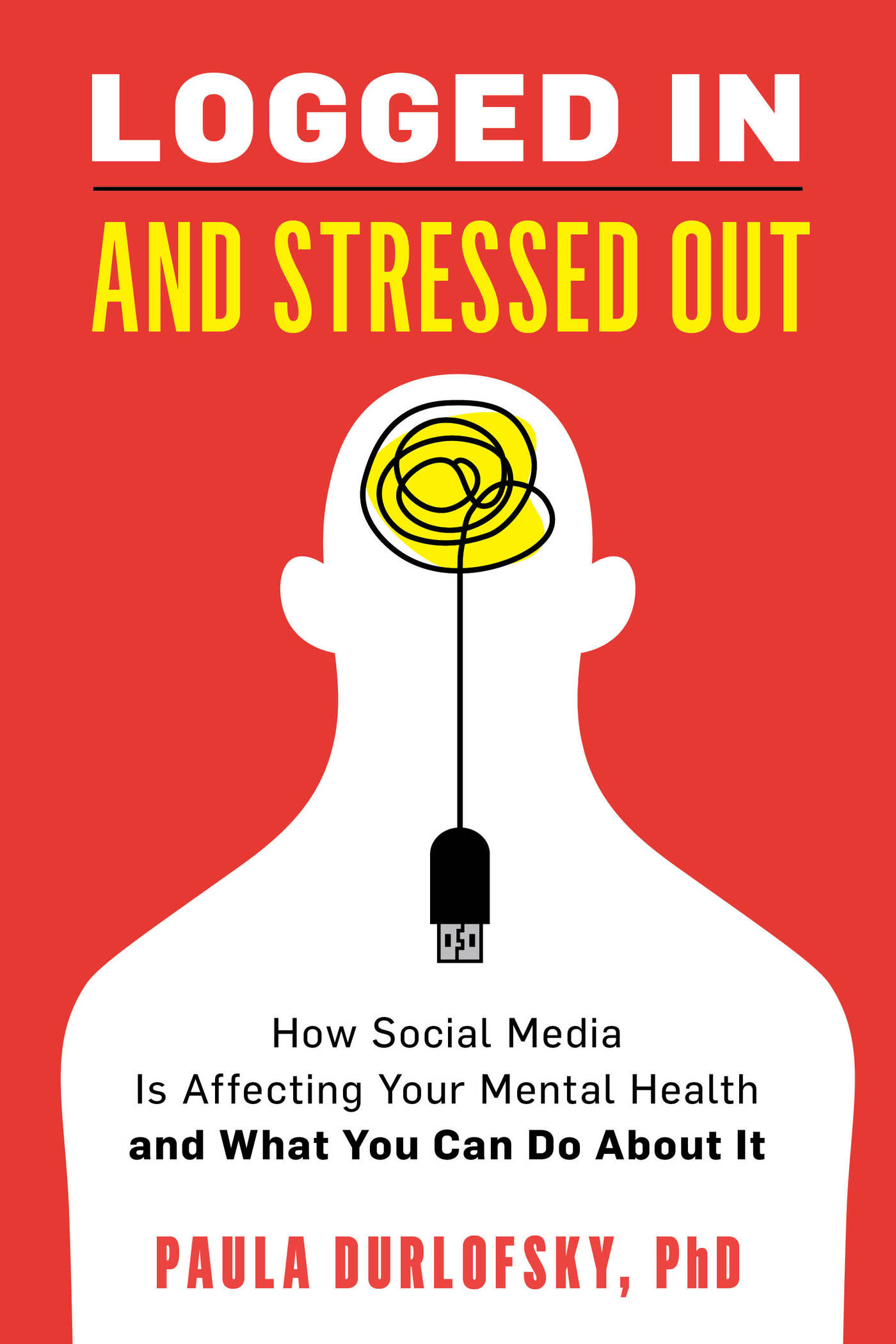Paula Durlofsky - Logged in and Stressed Out: How Social Media Is Affecting Your Mental Health and What You Can Do about It
Here you can read online Paula Durlofsky - Logged in and Stressed Out: How Social Media Is Affecting Your Mental Health and What You Can Do about It full text of the book (entire story) in english for free. Download pdf and epub, get meaning, cover and reviews about this ebook. year: 2020, publisher: Rowman & Littlefield Publishers, genre: Home and family. Description of the work, (preface) as well as reviews are available. Best literature library LitArk.com created for fans of good reading and offers a wide selection of genres:
Romance novel
Science fiction
Adventure
Detective
Science
History
Home and family
Prose
Art
Politics
Computer
Non-fiction
Religion
Business
Children
Humor
Choose a favorite category and find really read worthwhile books. Enjoy immersion in the world of imagination, feel the emotions of the characters or learn something new for yourself, make an fascinating discovery.
- Book:Logged in and Stressed Out: How Social Media Is Affecting Your Mental Health and What You Can Do about It
- Author:
- Publisher:Rowman & Littlefield Publishers
- Genre:
- Year:2020
- Rating:5 / 5
- Favourites:Add to favourites
- Your mark:
Logged in and Stressed Out: How Social Media Is Affecting Your Mental Health and What You Can Do about It: summary, description and annotation
We offer to read an annotation, description, summary or preface (depends on what the author of the book "Logged in and Stressed Out: How Social Media Is Affecting Your Mental Health and What You Can Do about It" wrote himself). If you haven't found the necessary information about the book — write in the comments, we will try to find it.
America is facing a mental health crisis. Studies show that the average American is spending more than 10 hours a day in front of their screens, suicide rates are at an all-time high, and mental health professionals are working hard to address social medias role in this epidemic. Social media can sometimes feel like an unpredictable roller coaster ride. Ones mood can swing from elated after getting a slew of likes on a post to worthlessness and deflation in response to being criticized in a comment thread. Too often, bad feelings from social media interactions linger, negatively affecting our off-line lives and worsening already present mental health issues.
Instead of demonizing social media by taking a one-note, digital detox approach, Logged In and Stressed Out recognizes social media is not, itself, the problemits how we use it that needs examining. Paula Durlofsky guides readers through its impact on break-ups and infidelities, social distortion and comparison, trauma and triggers, social media binging, depression, anxiety, and other common concerns, using real stories from her own practice to personalize concepts and recommendations.
By setting needed limits and embracing new practices, it is possible to improve mental health when using social media. Durlofsky details the whys and hows of creating a safe digital space, cultivating digital and social media mindfulness, applying the techniques of metalizing while consuming social media, and decreasing social media and digital reactivity. She offers suggestions for how to use social media and digital technology to create meaningful social interactions and positive mental health and provides readers with practical steps to put these ideas into action.
Social media is here to stay, and Logged In and Stressed Out presents the right information and tools to improve our lives through examining and changing our digital habits.
Paula Durlofsky: author's other books
Who wrote Logged in and Stressed Out: How Social Media Is Affecting Your Mental Health and What You Can Do about It? Find out the surname, the name of the author of the book and a list of all author's works by series.

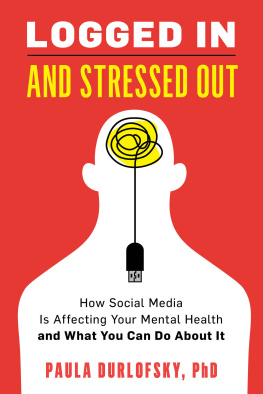
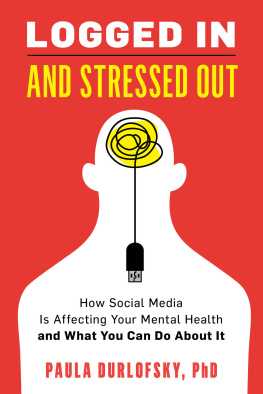

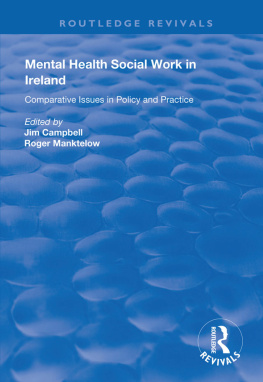
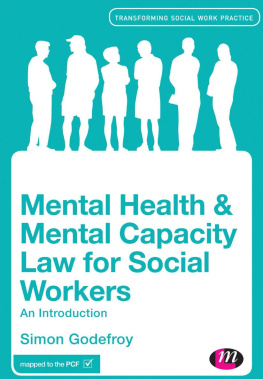
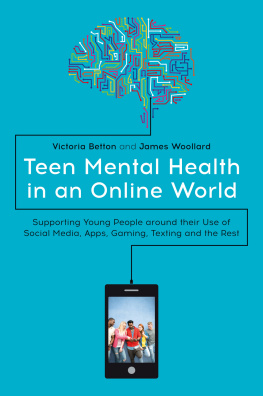
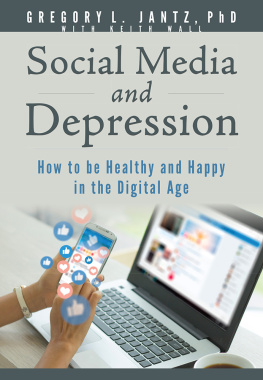

 TM The paper used in this publication meets the minimum requirements of American National Standard for Information Sciences Permanence of Paper for Printed Library Materials, ANSI/NISO Z39.48-1992.
TM The paper used in this publication meets the minimum requirements of American National Standard for Information Sciences Permanence of Paper for Printed Library Materials, ANSI/NISO Z39.48-1992.